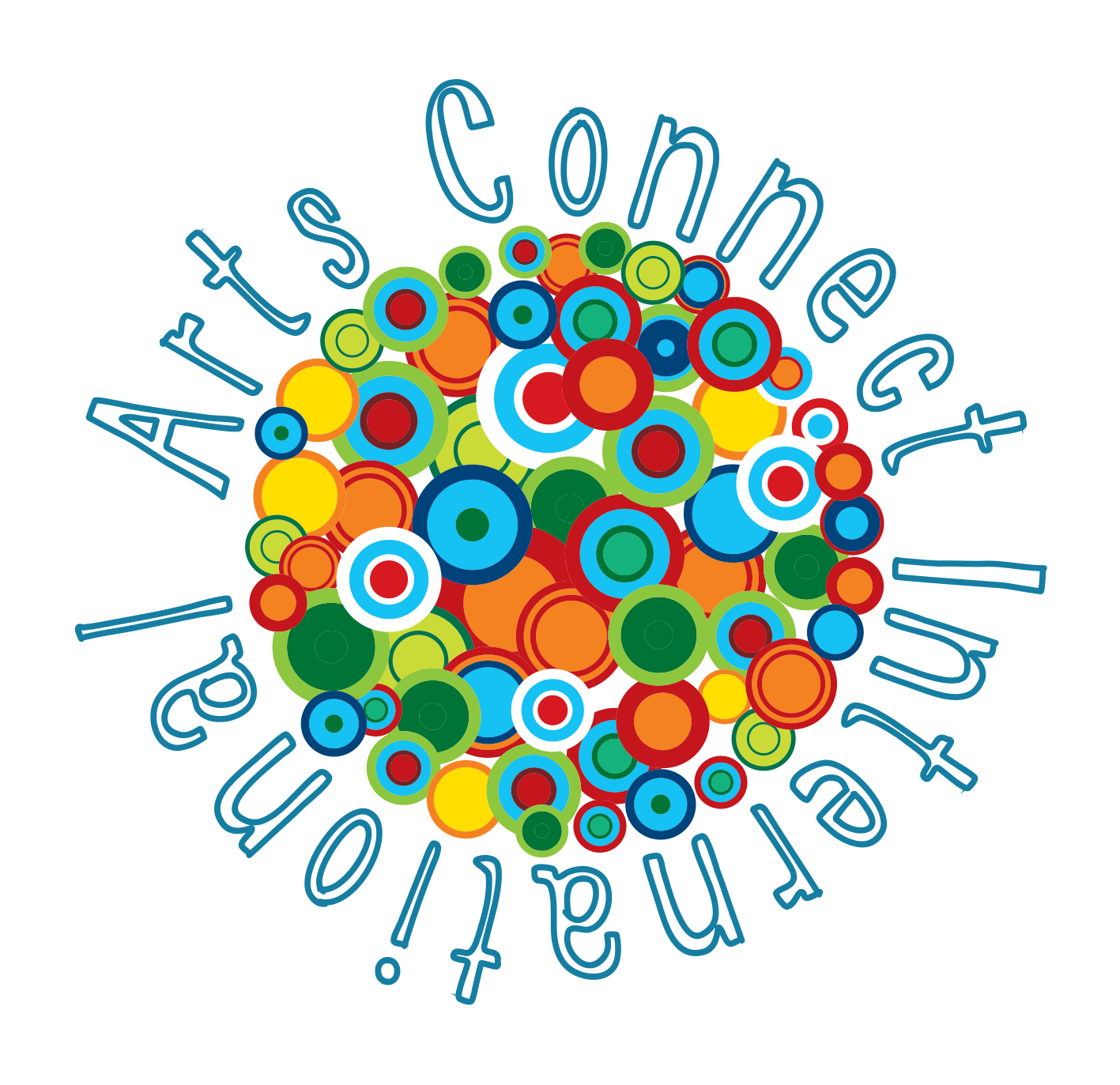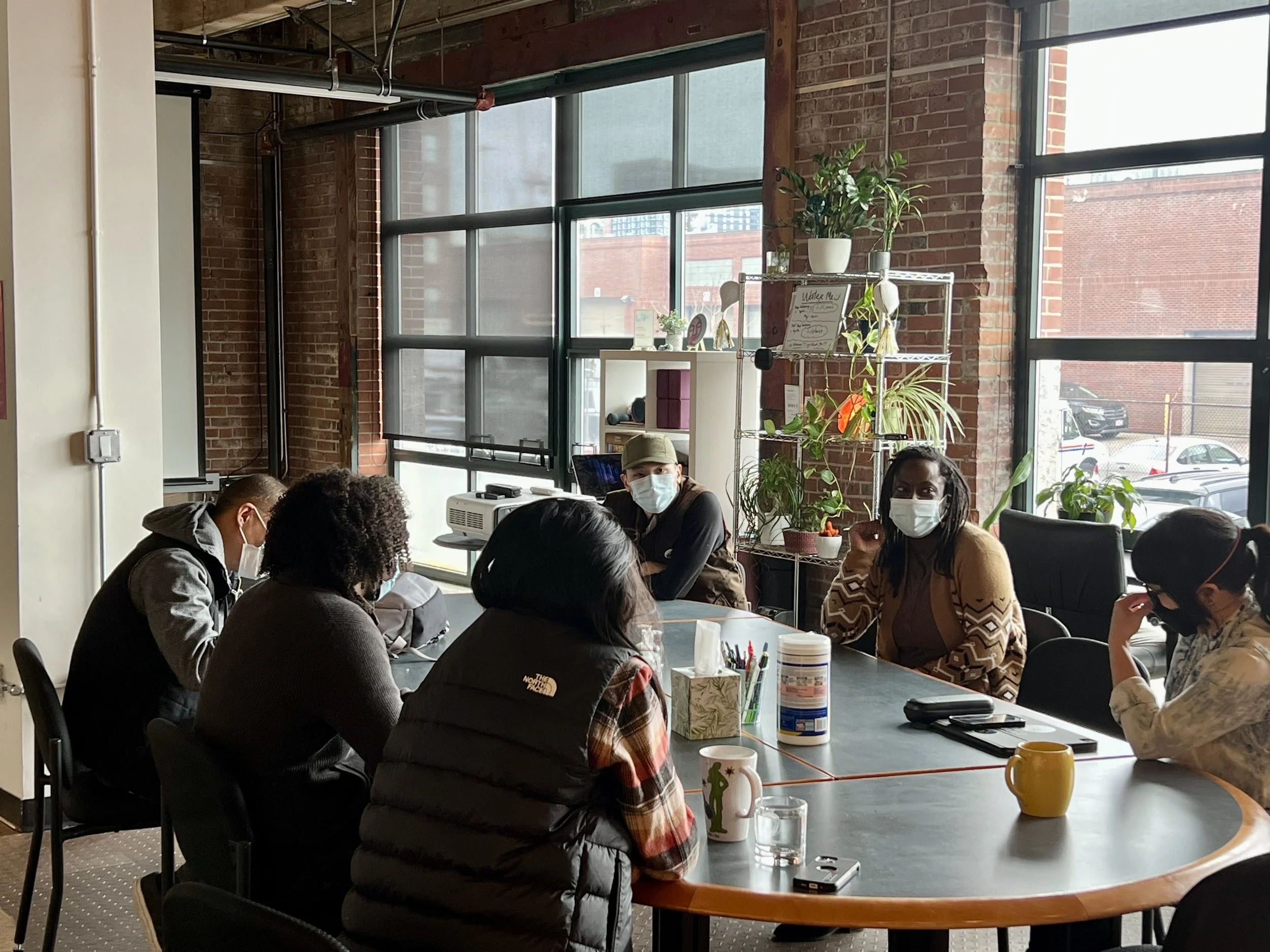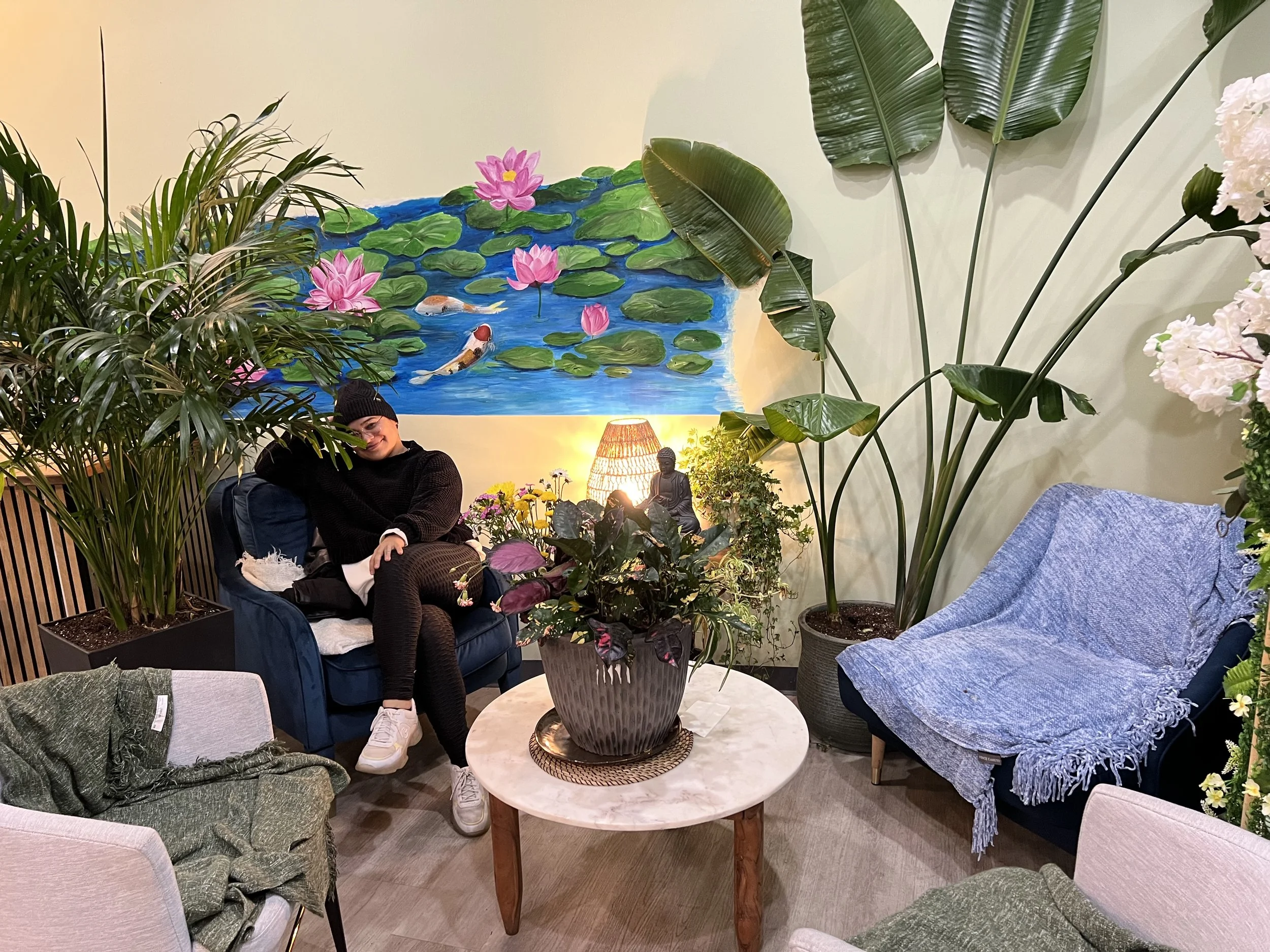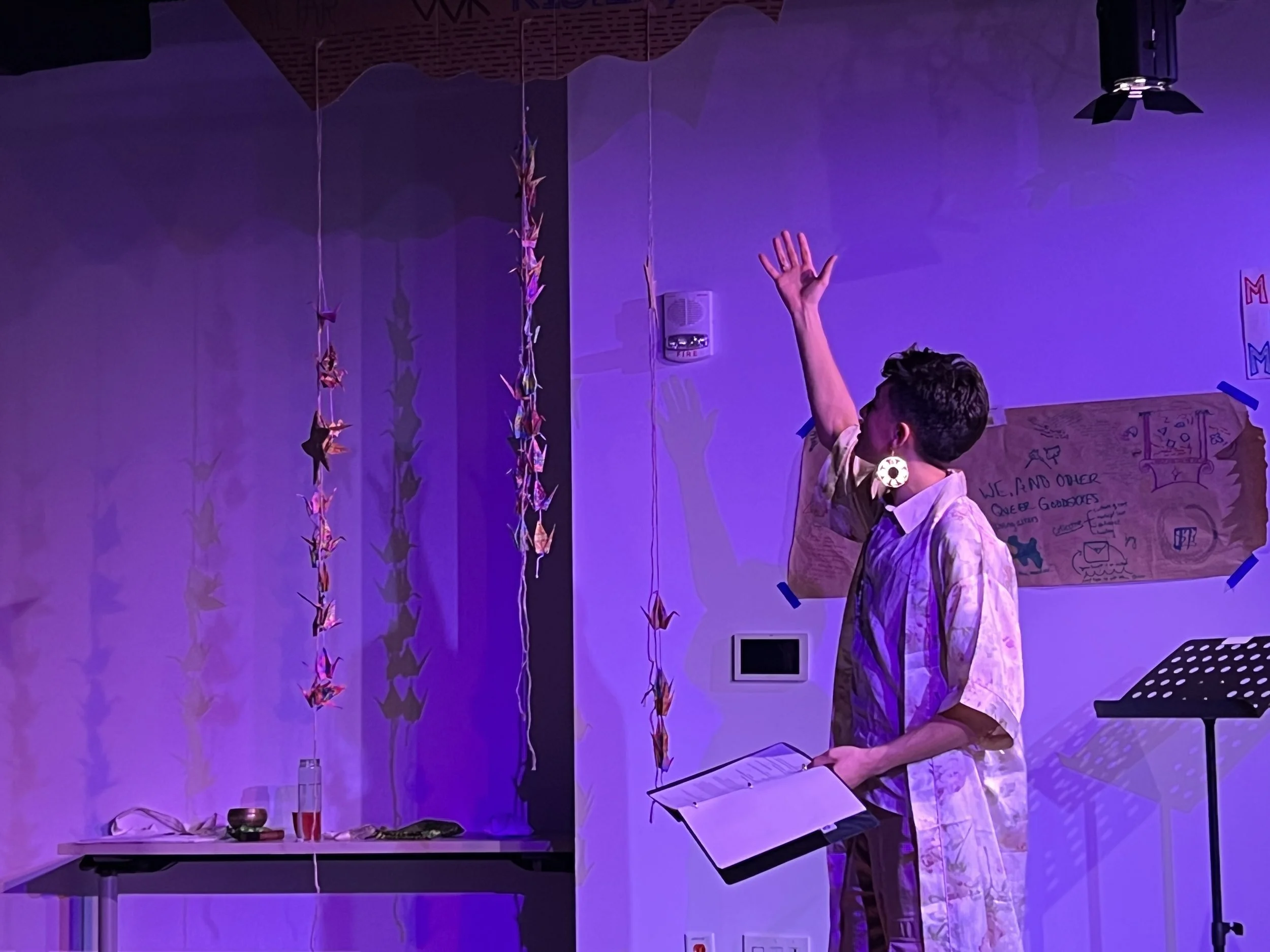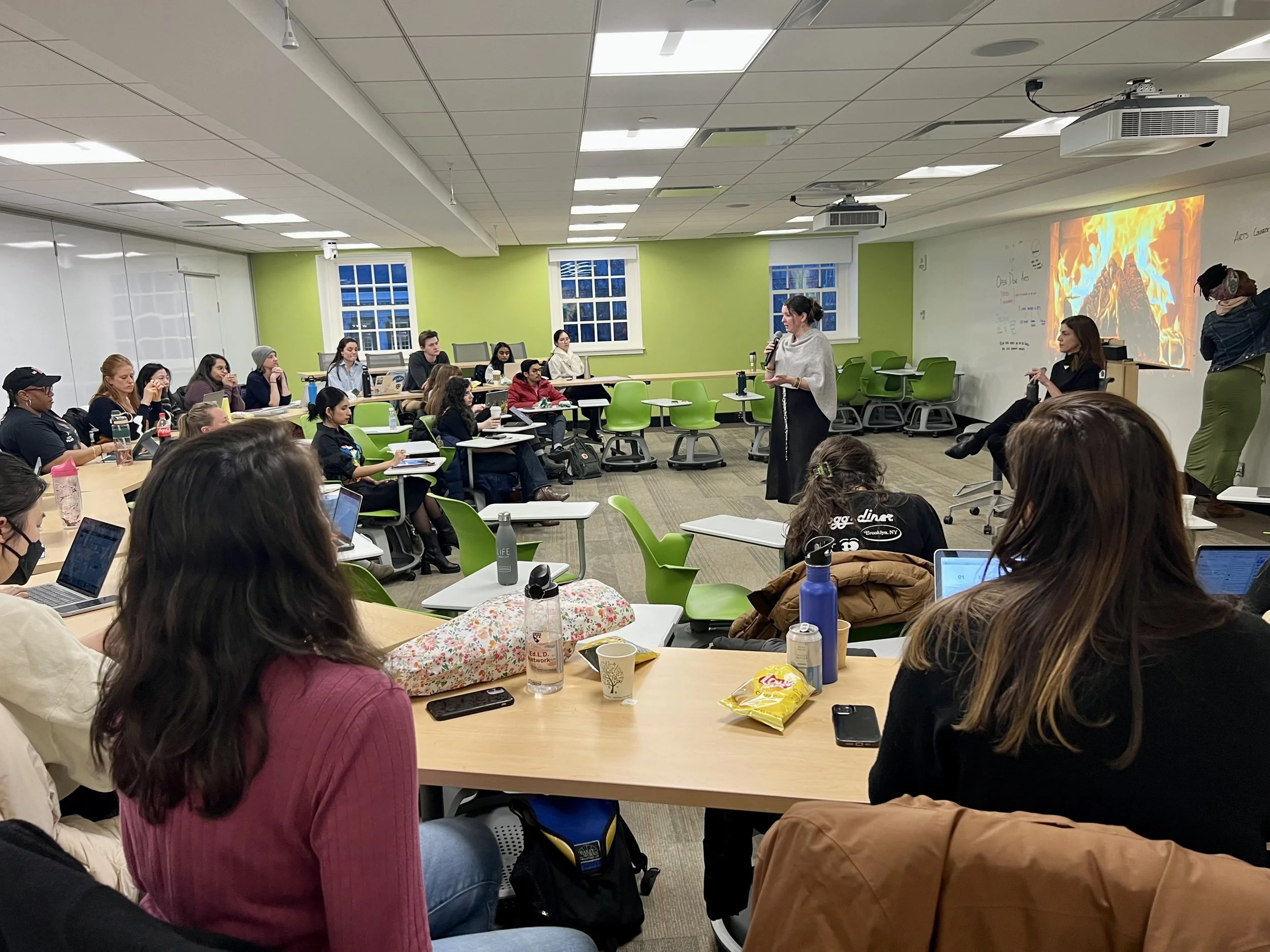Transformative Research Collective
The Transformative Research Collective (TRC) is a collective of artists, academics and community members who generate research by and for community, grounded in practice and lived experience, as part of building collective liberation.
Our research is rooted in the following values:
Transdisciplinarity
Intersectional Justice
Creative Justice
Arts-based methodologies
Lived experience as research
Embodied learning, healing
Orientation towards collective liberation
Critically addressing power
Over the past few years, we've published articles on topics such as embodied intergenerational knowledge and art for social justice. As always, these articles are free to access and we encourage you to use them in your advocacy work!
